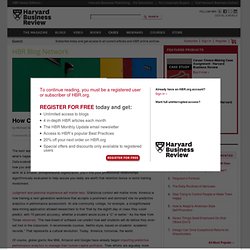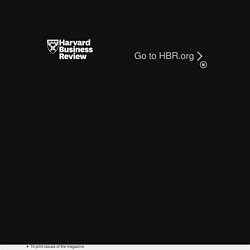

Beginner's guide to R: Introduction. R is hot.

Whether measured by more than 4,400 add-on packages, the 18,000+ members of LinkedIn's R group or the close to 80 R Meetup groups currently in existence, there can be little doubt that interest in the R statistics language, especially for data analysis, is soaring. Why R? It's free, open source, powerful and highly extensible. "You have a lot of prepackaged stuff that's already available, so you're standing on the shoulders of giants," Google's chief economist told The New York Times back in 2009. Because it's a programmable environment that uses command-line scripting, you can store a series of complex data-analysis steps in R. That also makes it easier for others to validate research results and check your work for errors -- an issue that cropped up in the news recently after an Excel coding error was among several flaws found in an influential economics analysis report known as Reinhart/Rogoff.
Sure, you can easily examine complex formulas on a spreadsheet. Go west, young MBA: Important rules for building wealth in San Francisco. By Bryan Goldberg On November 21, 2012 These days, a lot of people are moving to San Francisco or Palo Alto to launch their post-college or post-MBA careers, which is a pleasant change from just a few years ago, when the best and brightest minds were finding new ways to market financial ‘products’ on Wall Street.

According to Fortune Magazine, four of the top eight most desired jobs for MBAs are in Tech at Google (#1), Apple (#3), Amazon (#6), and Facebook (#8). There’s just one problem. Most MBAs are hopelessly bad at navigating the Valley. Because technology is the new chic thing, and because so many East Coasters are moving to San Francisco to jumpstart their careers, I have decided to put together a primer on how to get rich out here in the Wild West of business. I’m going to begin by immediately discouraging people from working at these massive companies. How to Win an Argument With the Boss. How to negotiate better than 99% of people.
In college, I had the opportunity to teach a “Student-Initiated Course,” or basically a course on whatever I wanted.

So I got together with two of my friends and we put together a course on religious studies. Now, Stanford gave us incredible flexibility to teach essentially whatever we wanted…but the student instructors never got letter grades — it was always Pass/No Pass (everybody always passed), issued by the sponsoring professor. Until we came along. You see, I was never the smartest person in any school I attended. But I got pretty street smart over the years. We would basically write our own ticket! One of my co-instructors was amazed that I convinced the sponsoring professor to agree. But my other co-instructor hesitated. To give you some context, this guy was a PhD student in Computer Science at Stanford and had previously attended IIT, one of the most competitive technical universities in the world.
“Dude,” I said, “what’s your problem? “What the hell?” I just stared at him. 1. 2. 10 Great Questions to Ask at Interview. How to Get Your Boss to Say Yes - Leonard A. Schlesinger, Charles F. Kiefer, and Paul B. Brown. By Leonard A.

Schlesinger, Charles F. Kiefer, and Paul B. Brown | 12:00 PM April 13, 2012. How Companies Will Googlefy Your Career - Michael Schrage. By Michael Schrage | 7:00 AM July 26, 2012 The best way to understand the trajectory of your high performance career tomorrow is to look at what’s happening to college undergraduates today.

The Amazonified, Googlefied and Big Data-soaked — enriched? — nature of educational advice and assessment will increasingly define how you and your colleagues get hired, fired and promoted. Even if — perhaps especially if — you work at a smaller, entrepreneurial organization, you’ll find your professional relationships algorithmically evaluated to help assure you really are worth that retention bonus or extra training investment. Judgment and personal experience will matter less. Of course, global giants like IBM, Amazon and Google have already begun importing predictive performance analytics to manage their human capital portfolios. No great leaps of imagination are required to see how organizations large and small will look to import what they see cheaply and effectively working in college. 10 Lessons on Growing Innovation from the "Davos for Doers"
Why Aren't You Delegating? - Amy Gallo - Best Practices. You have way too much to do, you’re buried in work, and it seems there’s no way out from under it all.

But there is: delegation. Yes, yes, you know it’s important to do and you know it will save you time and help others develop new skills. So why aren’t you doing it? What the Experts Say Delegation is a critical skill. IBM to CMOs and CIOs: Work Together or Become Irrelevant. How Swearing at Work Could Ruin Your @#*! Career.